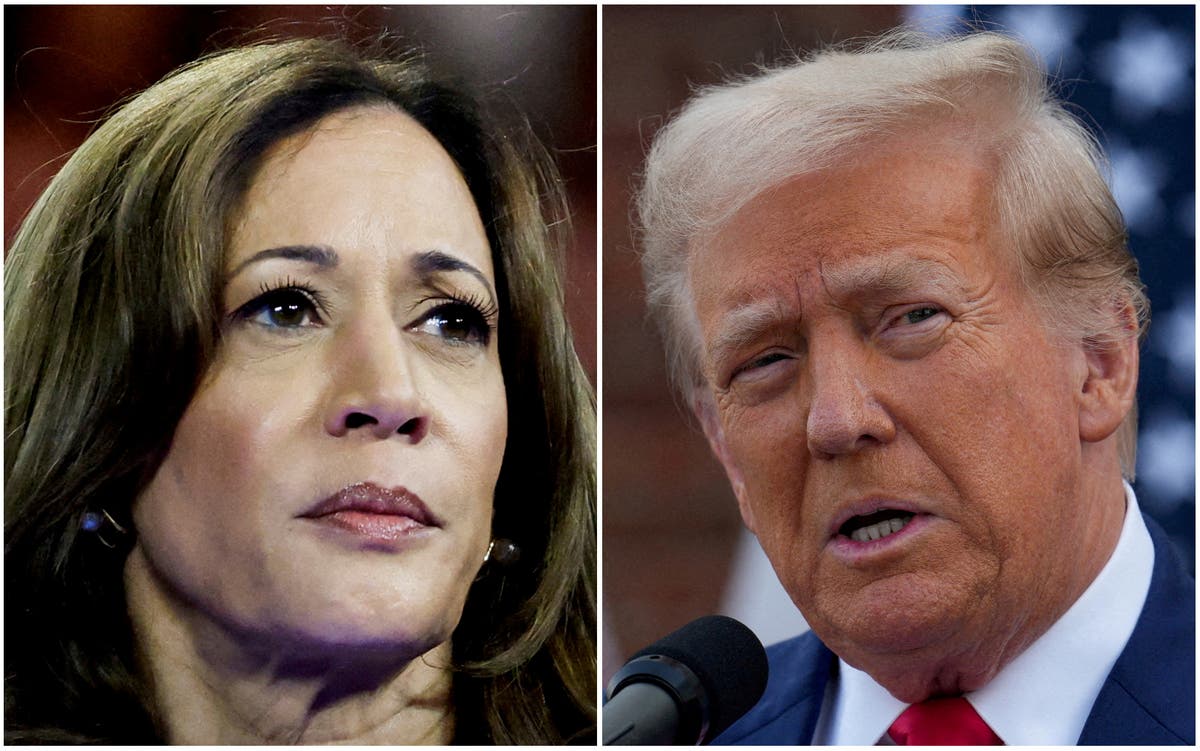Donald Trump’s Controversial Remarks on Deploying Troops Against US Citizens
In a recent interview with Fox News, former President Donald Trump made headlines by suggesting that he would consider calling in military troops to confront American citizens if he were to regain the presidency. This statement has ignited a firestorm of debate and concern across the political spectrum, raising questions about the implications of such a move for civil liberties, governance, and the very fabric of American democracy.
Context of the Remarks
Trump’s comments come at a time of heightened political tension in the United States, with the 2024 presidential election looming just weeks away. As he campaigns vigorously, Trump has been vocal about his views on law and order, often framing his rhetoric around a perceived threat from domestic unrest. His remarks about deploying troops were made in the context of discussing protests and civil disobedience, which he has characterized as a significant challenge to his leadership.
During the Fox News interview, Trump stated, “If I have to, I will call in the military to restore order. We cannot allow our cities to be overrun.” This declaration has drawn sharp criticism from political analysts, civil rights advocates, and even some within his own party, who argue that such a stance undermines the principles of democracy and the right to peaceful assembly.
Reactions from Political Figures
The reaction to Trump’s comments has been swift and varied. Prominent Democrats have condemned the remarks as authoritarian and reminiscent of tactics used by oppressive regimes. Kamala Harris, the current Vice President and Trump’s opponent in the upcoming election, responded by emphasizing the importance of dialogue and understanding rather than military intervention in addressing civil unrest.
Political commentator James Carville remarked, “This is not just weird; it’s downright scary. The idea that a president would consider using the military against his own citizens is a dangerous precedent.” Such sentiments reflect a broader concern that Trump’s rhetoric could incite further division and unrest in an already polarized political climate.
The Historical Context
Historically, the use of military force against civilians has been a contentious issue in the United States. The Posse Comitatus Act of 1878 restricts the use of the military for domestic law enforcement, underscoring the importance of maintaining a clear distinction between military and civilian authority. Trump’s comments raise significant legal and ethical questions about the potential consequences of deploying troops against American citizens, particularly in a democratic society that values civil liberties.
Moreover, the historical memory of events like the Kent State shootings in 1970, where National Guardsmen killed four students during a protest against the Vietnam War, looms large. Such incidents serve as stark reminders of the potential for violence when military forces are used in domestic situations.
The Broader Implications
Trump’s remarks also highlight a growing trend among some political leaders to adopt militaristic rhetoric in response to civil unrest. This approach can have chilling effects on free speech and the right to protest, as citizens may feel intimidated by the prospect of military intervention. The implications for civil society are profound, as the balance between maintaining order and respecting individual rights becomes increasingly precarious.
Furthermore, the suggestion of using military force against citizens could exacerbate tensions between law enforcement and communities, particularly in areas already grappling with issues of police violence and systemic racism. The potential for escalation in confrontations between citizens and military personnel raises serious concerns about public safety and the protection of civil rights.
Conclusion
Donald Trump’s recent comments about potentially deploying troops against American citizens have sparked a significant national conversation about the role of the military in domestic affairs and the implications for democracy. As the 2024 election approaches, it is crucial for voters to consider the broader ramifications of such rhetoric and to engage in discussions about the values that underpin American society.
In a time when political divisions are deepening, it is essential to prioritize dialogue, understanding, and respect for civil liberties. The future of American democracy may depend on the choices made by its citizens in the coming weeks and months. As the nation grapples with these complex issues, the importance of informed and engaged citizenship has never been clearer.
